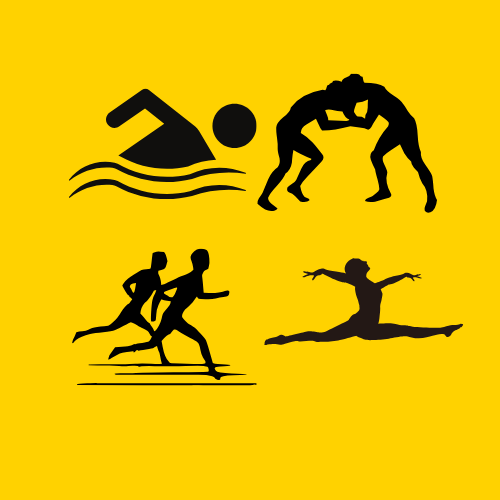
Understanding the Foundations of Effective Coaching
Coaching is an intricate blend of art and science, where methodical principles of pedagogy, psychology, and physiology converge to foster peak athletic performance. Understanding the dynamics of motor, cognitive, and psychological development is fundamental for any effective coach aiming to cultivate the total athlete. Today’s successful coaches are those who not only grasp the scientific facts that underpin sports but also comprehend the emotional and psychological development of the athletes they guide.
The Science and Art of Coaching
At its core, effective coaching is about teaching decision-making strategies, facilitating learning, and clearing pathways for problem-solving. A coach’s command over communication skills allows them to instruct athletes on implementing scientific principles into their practice. Knowledge is power. When coaches dive deep into how athletes learn and respond, they become catalysts for success.
Global Perspectives on Coaching Principles
Diving into global practices reveals varying educational approaches to coaching. For example, in China, the foundational principles of coaching are shaped by the framework provided by the international governing body of track and field – World Athletics. Their programs focus on exercise physiology, sports psychology, and effective teaching methodologies to ensure comprehensive development for athletes.
The Role of Philosophy in Coaching
Philosophy plays a crucial role in shaping coaching approaches. The term 'philosophy' comes from Greek, referring to the love of wisdom, a concept deeply rooted in critical thinking and understanding human experiences. A coach’s philosophy will inform everything from team dynamics and training objectives to performance expectations. It helps define the framework through which a coach interacts with both their athletes and the sport itself, bridging empirical evidence with personal values.
Lessons from Experience and Anecdotal Evidence
Many coaches derive immense value from personal experiences over the years. As Hunter (2010) highlights, informal experimentation provides anecdotal evidence that can be more instructive than solely relying on scientific data. This experiential learning allows coaches to adapt and refine their philosophies based on the unique needs and responses of their athletes.
Scott Cappos’ Coaching Philosophy
The coaching philosophy of Scott Cappos serves as a compelling example of blending art and science. His objective is to leverage experience, knowledge, and core values to help student-athletes thrive academically, athletically, and personally. This holistic approach fosters environments built on mutual respect and shared goals, making athletes feel recognized and motivated.
Why Philosophy Matters in Coaching
Every coaching decision is influenced by personal philosophy. Establishing a clear coaching philosophy helps maintain consistency in performance expectations and social interactions, creating a structured learning atmosphere for athletes. The success of a coaching program, therefore, hinges not just on technical skill but also on the underlying philosophies that guide their coaching practices.
Actionable Insights for Aspiring Coaches
Aspiring coaches should take the time to define their own coaching philosophy, incorporating insights from scientific principles, personal values, and anecdotal evidence. Engage with your athletes not just as players but as individuals needing guidance in various life domains.
Final Thoughts: Engage, Learn, Succeed
Ultimately, the fusion of effective coaching principles and personal philosophy creates a nurturing environment where athletes can excel. Whether you are a seasoned coach or just starting your journey in sports coaching, the principles outlined here are a solid foundation for inspiring athletes and maximizing their potential. Think about your coaching philosophy today and how it shapes your interactions and teaching strategies.
 Add Row
Add Row  Add
Add 




Write A Comment